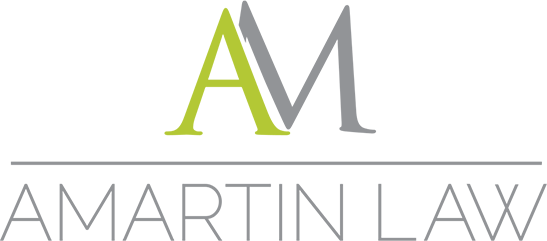This summer, Uber announced a settlement of the class actions claims against it in California and Massachusetts for a monetary payment of up to $100,000,000. But the judge overseeing the case rejected the settlement. Separately, but significantly, a federal appeals court ruled that the arbitration agreements signed by most drivers were enforceable. So what does this mean for the tens of thousands of people who drive for Uber in California?
The Rejected Settlement
The class action settlement rejected by the judge included both monetary and non-monetary terms. The monetary component included a guaranteed payment of $84,000,000, with an additional $16,000,000 possibly added as part of an Initial Public Offering (IPO). The non-monetary component included a new “Deactivation Policy”, a more comprehensive Star Ratings policy, the creation of a Driver Association, and a clarification on Uber’s tipping policy. But perhaps most puzzling and potentially problematic, the rejected settlement did not require Uber to reclassify drivers as employees.
Because the Uber case had not been formally certified by the court as a class action and because the settlement involved class-wide compensation, the judge was required to closely scrutinize the settlement to determine if it was “…fundamentally fair, adequate, and reasonable.” (See, Hanlon v. Chrysler Corp., 150 F.3d 1011, 1026 (9th Cir. 1998)). The judge analyzed, among other things, the risks to the plaintiffs and Uber if the settlement was rejected; the monetary and non-monetary terms of the settlement; the status of the proceedings and extent discovery had been completed; the experience and views of counsel; the presence of a government participant; and the reaction of class members to the settlement. Balancing those factors, the court was inclined to find that the compensation provided to drivers under the settlement to be adequate, but nonetheless rejected settlement partly due to the amount the state of California would receive for claims brought under the California Private Attorneys General Act (PAGA). Under PAGA, private plaintiffs may recover on the state’s behalf civil penalties, of which 75% is owed to the state. The settlement would have settled all PAGA claims for $1 million. California’s Labor & Workforce Development Agency (LWDA) objected to this amount, arguing that the PAGA claims could result in penalties totaling over $1 billion. Because the parties failed to offer any rational basis for settling the PAGA claims for only $1 million, the court could not find the PAGA portion of the settlement to be fair and adequate. As such, the Court rejected the entire settlement because it was not, “…fair, adequate, and reasonable.”
The parties have returned to the negotiating table, but in light of a ruling handed down by the Ninth Circuit Court of Appeals in September (see, below), settlement may prove difficult.
Ninth Circuit Court of Appeals decision re: arbitration provision
On September 7, 2016, the Ninth Circuit Court of Appeals ruled that the district court erred in deciding the Uber arbitration agreements were unenforceable. As a result, all Uber drivers who did not “opt out” of the arbitration provisions will be required to separately arbitrate their misclassification claims. This will significantly reduce the number of drivers who can pursue their claims against Uber through a class action. The Ninth Circuit also held that the waiver of PAGA claims against Uber contained in Uber’s service agreement should be severed, because the PAGA claims could proceed in court. It is possible that just the PAGA claims may proceed against Uber in court.
Impact on Uber drivers
At this juncture, Uber drivers are still in limbo as to whether they are employees or independent contractors, whether they can ask for tips, and whether the new “deactivation policy” has, or will be, implemented. As to their status, drivers may just have to wait until after a trial and appeals process has concluded. Further, for all of the Uber drivers who did not “opt out” of the arbitration provisions, they will likely have to pursue their claims in arbitration.

